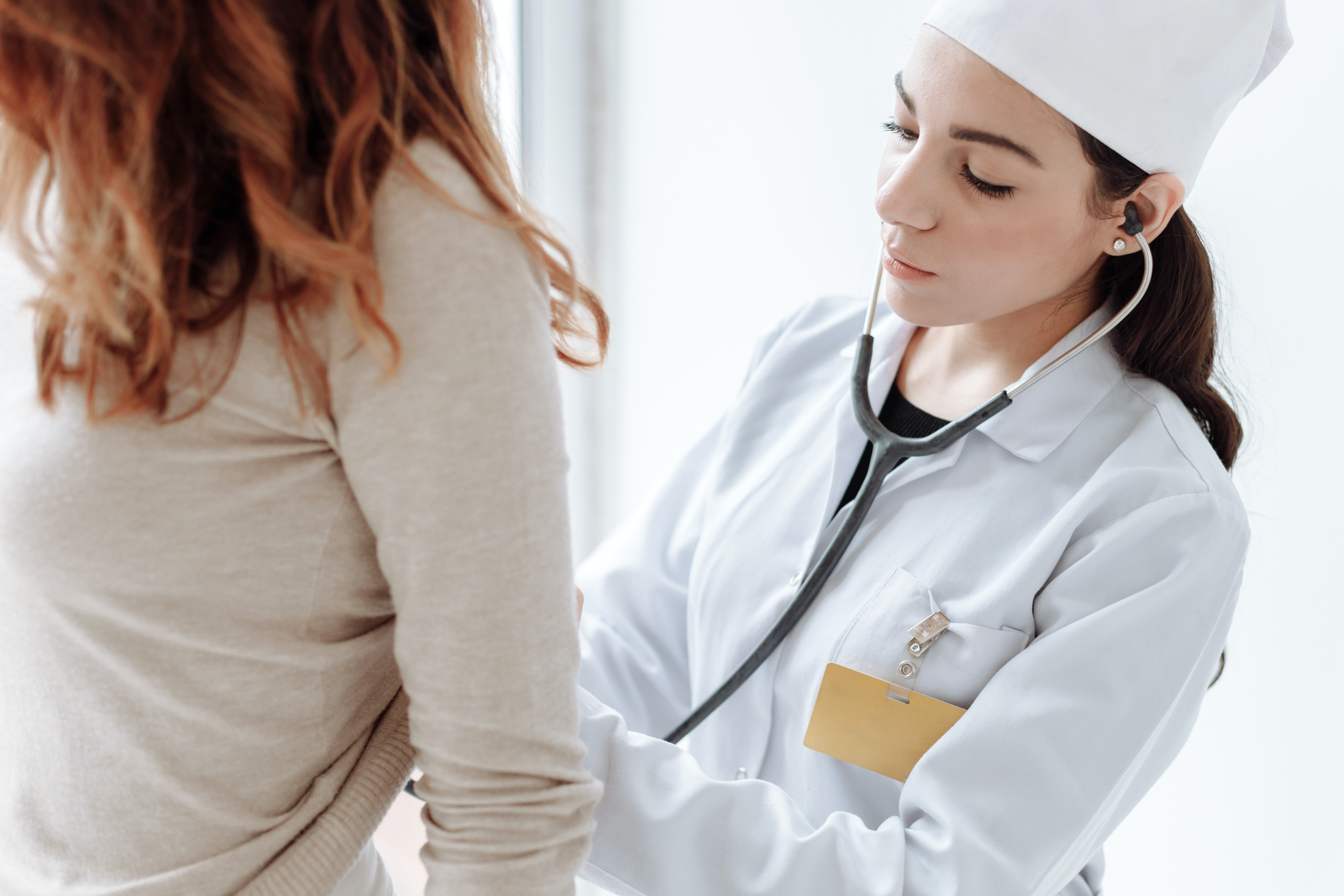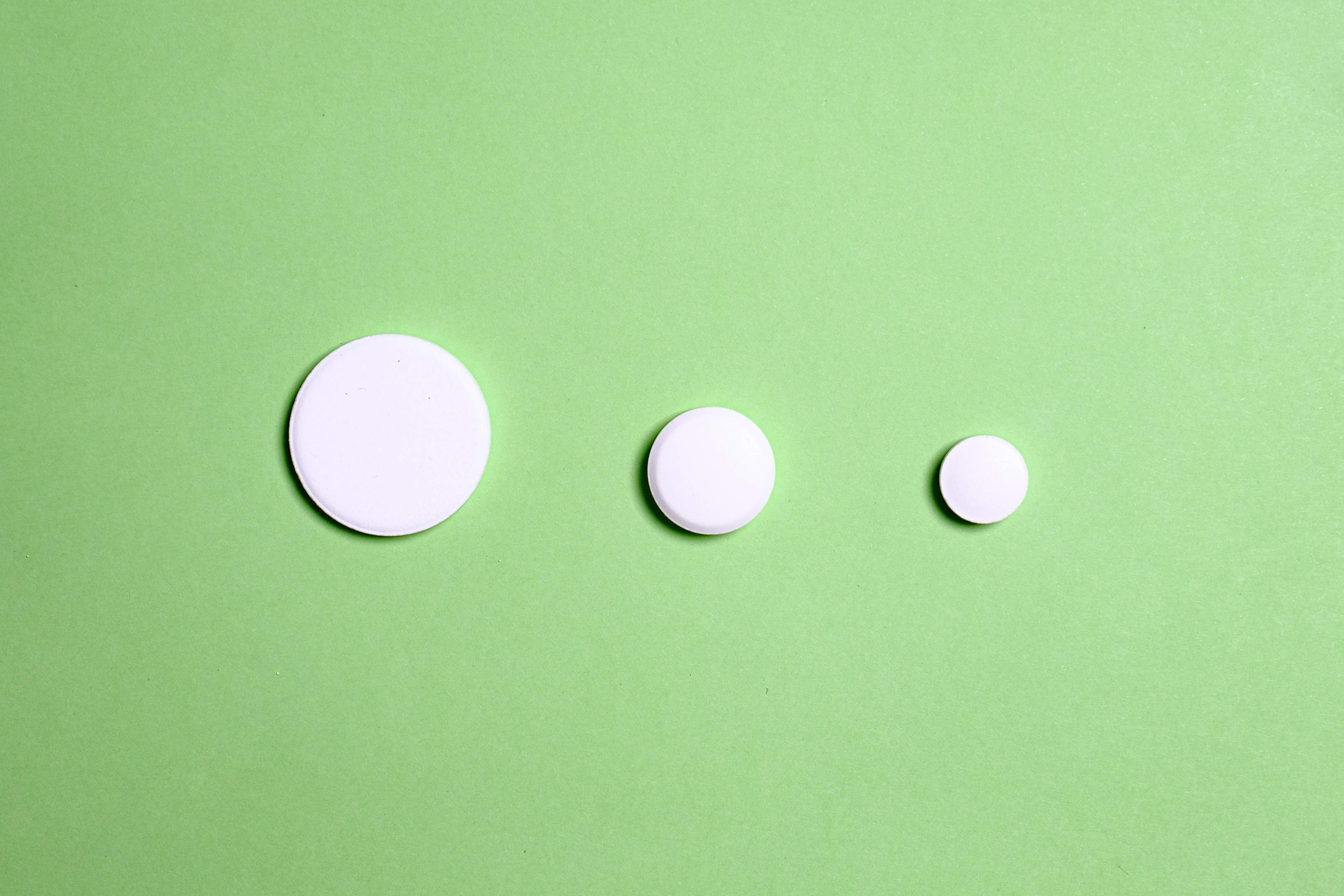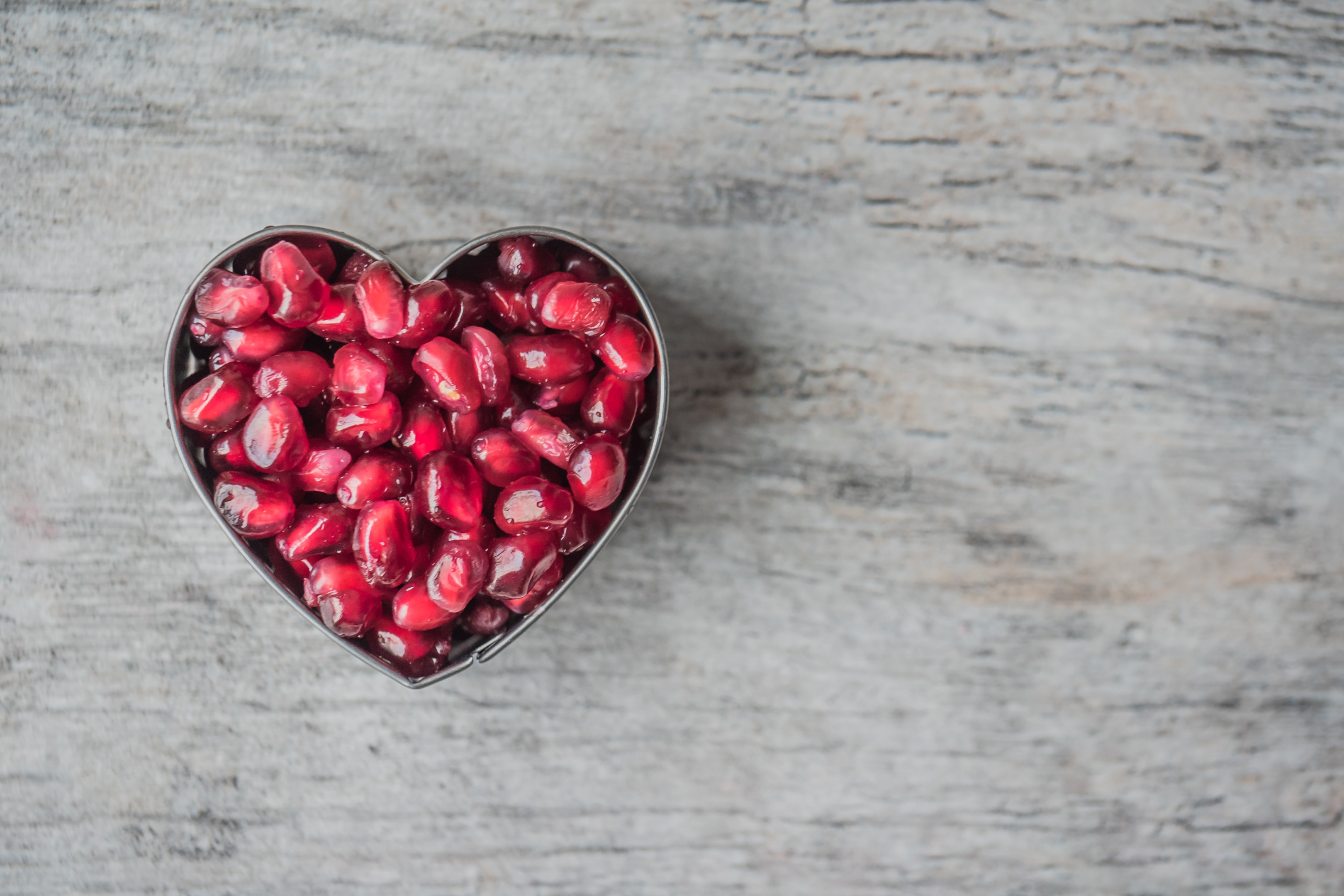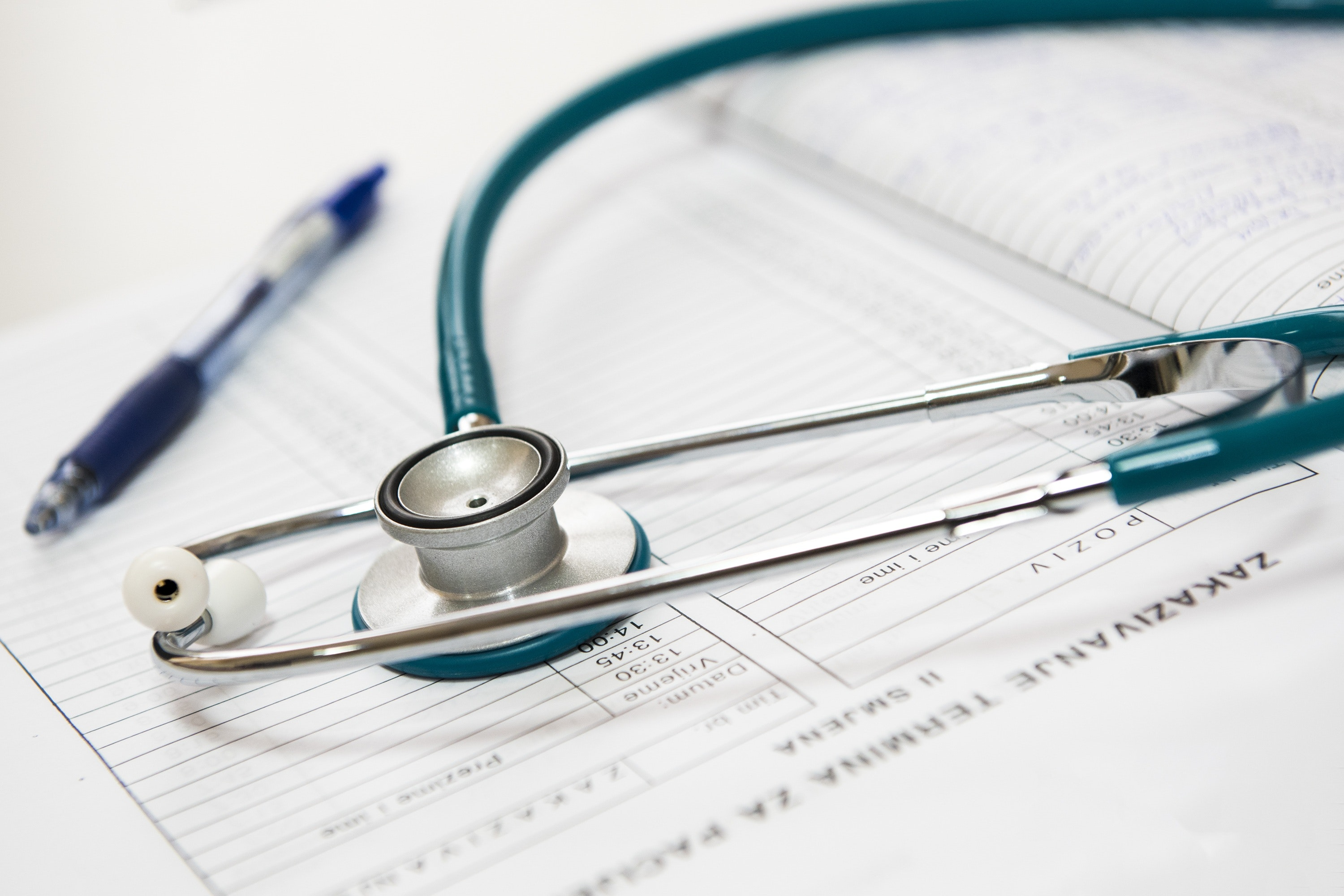It’s quite common to turn to antibiotics when you feel an illness coming on—and it’s a good thing, too! After all, antibiotics are powerful medications that work hard to help us get better. But did you know that taking certain antibiotics can sometimes lead to constipation?
That's right – the same medicine that fights infection and keeps us healthy can also cause discomfort in other ways, as revealed by various studies on the focus analysis of various antibiotics and their effect on the digestive system.
Recent studies have even, statistically, concluded that 1 in every 4 children exposed to antibiotics induces constipation, and this impaired intestinal motility continues to cause constipation in their adulthood as well.
That’s why we took it upon ourselves to talk about how and why certain types of antibiotics cause constipation, as well as what you can do if it happens to you.
So let’s dive into the connection between antibiotic use and digestive distress, and find out what you need to know without falling into the pit of constipation.
Table of Contents
How Do Antibiotics Affect The Digestive System

Antibiotics are indeed a miraculous invention that has saved countless lives by combating harmful bacteria, but these powerful drugs can also have a surprising impact on our digestive system.
You see, our gut flora is home to trillions of both good and bad bacteria that play crucial roles in digestion, nutrient absorption, and immunity.
When an infection strikes, taking antibiotics is often recommended to knock out the dangerous bacteria, but alas, they often end up being collateral damage – killing off our beneficial gut bacteria too.
The gut bacteria imbalance caused by antibiotics brings about digestive distress like constipation, diarrhea, IBS, and others, which can also put you at susceptible risk for future bacterial infections.
So next time you've prescribed antibiotics, just remember:
It is vital to keep your gut healthy by eating well and considering the addition of probiotics to help maintain a balanced microbial ecosystem.
We’ve talked about how you can restore your gut health later in this article, so make sure to read it till the end!
Why Do Antibiotics Cause Constipation?
It's a common scenario - you're prescribed antibiotics to combat an infection, and before long, you find that constipation has become an unwelcome side effect. But why does this happen?
The answer lies in the way antibiotics interact with the beneficial bacteria living in our gut, known as the gut microbiome. We also explained a part of this in the previous section, but we’ll get more detailed.
These friendly microorganisms help us digest food and maintain our intestinal health. However, since antibiotics are designed to eliminate harmful bacteria, they often end up wiping out some of the good ones too.
It’s important to not negate the important aspects of antibiotics, as they’re important when it comes to how they kill pathogenic bacteria, but not all good things come without a consequence.
So, as a result, our digestive system's delicate balance is disrupted, leading to a slowdown in the bacterial processing of waste. This, in turn, can make the stool harder and more difficult to pass. Thus, constipation becomes an unfortunate accompaniment to our antibiotic consumption.
Some Other Side Effects Of Antibiotics
It's no secret that antibiotics can treat a host of serious illnesses, but few people realize how often they're accompanied by unwelcome side effects.

We’ve mentioned how antibiotics can bring about digestive unrest in the human body, but that’s not the only thing you need to be looking out for.
Besides constipation, antibiotics can trigger a lot of other unwanted reactions that you’d want to steer clear of, and we’ve explained a handful of these antibiotic side effects down below for you to read through.
Bloating
Bloating and constipation often go hand in hand, and that’s especially true in the case of antibiotic usage. As you might be aware, antibiotics help us combat various infections by targeting and destroying harmful bacteria. However, these wonder drugs are not precisely laser-focused in their warfare, and sometimes, even beneficial bacteria are hit, causing damage to the gut lining and getting you bloated.
That's where bloating comes in—our good bacteria play a vital role in maintaining a healthy digestive process. When antibiotics swoop in and lay waste to these helpful microbes, our digestive system takes a hit, making it difficult for us to break down food efficiently. Consequently, we end up experiencing bloating, gas, and another gastrointestinal discomfort.
Appetite Loss
When you swallow those pesky pills to fight off a bacterial infection, they don't always discriminate between the good and bad bacteria residing in our bodies and go on to cause bacterial imbalance in the gut flora, causing you to have an upset stomach and a moderate loss of appetite.
The reason, as mentioned previously, is the same as always. Antibiotics destroy some of the good bacteria in their thirst to eliminate the bad ones, and this mission of theirs tends to put your body at a crossroads of feeling good or feeling bad.
Though it's good to remember that Remember, it's just a temporary side effect, and you can easily counter this by giving your body its much-needed nutrients, and a good source of probiotic bacteria like yogurt, kombucha, and more.
Vomiting and Nausea
Antibiotics are known to slow your intestinal movement, as this study focusing on intestinal movement and antibiotics suggests.
When this happens, you'll feel clogged up to the throat, which is when the reversal of peristalsis - aka vomiting, starts to happen.
If you're on a heavy dose of antibiotics, you might feel intense nausea and imminent pain behind the nasal cavity as well.
How To Restore Gut Health After Antibiotic Use

So, you've taken antibiotics, and now your gut health, immune system, and a lot of other related systems are in shambles. If you're wondering where to go from here, just like the rest of the people reading this, we've got a silver lining for you.
We've got more than one. Keep on reading to find out how you can restore your gut health after antibiotic usage.
Probiotic Supplements
We've explained quite a few times that antibiotics essentially destroy the good bacteria in the gut, which can become a cause for chronic constipation if it goes on for a long. That's why it's important to replenish the bacteria, and probiotic supplements are a good way to start.
Both of our products, Restore Probiotic and IBSupport help do that, with the former having more than 5.75 billion Colony Forming Units (CFU) that help you cater to that problem. Though, we recommend taking these supplements when you're off of antibiotics and consulting your doctor beforehand.
Water - A Lot Of It
Constipation largely happens because of bacterial overgrowth and the hardness of stool, and since antibiotics promote this problem often, it's important to increase your water intake to soften your stools and prevent bacterial overgrowth in the gut.
Though, drinking plenty of water isn't just associated with constipation. If you're having digestive distress with alternative episodes of diarrhea, increasing your water intake can help in that case too. Read this study by SN Boilesen for a better overview of how the two are connected
Increasing Fiber In Your Diet
Increased fiber intake is perhaps the best course of action in this problem as it helps to regulate the flow of food through the digestive system, promoting regular bowel movements. It also feeds healthy bacteria in the gut, which are depleted by antibiotics.
Additionally, fiber soaks up water in the intestines, adding bulk to stool and allowing it to pass more easily.
SOLUBLE fiber (found in oats, chia seeds, and legumes) is especially beneficial when taking antibiotics because it forms a gel-like substance that encourages gentle elimination
As such, simply increasing fiber intake can help eliminate digestive distress or constipation that may occur as a result of antibiotic use.
When To Seek Medical Attention

The use of antibiotics can bring a lot of unwanted side effects, such as fatigue, constipation, nausea, mild vomiting, and other forms of digestive distress, as we've explained above. And while we recommend exercising the above methods to get rid of these gastrointestinal symptoms, they're, in no way, a substitute for professional medical help.
That being said, we recommend visiting the doctor if you bear the following symptoms after antibiotic usage:
-
Yeast infection
-
Rash
-
Intense episodes of diarrhea
-
Severe allergic reactions
-
Antibiotic-resistant infections
Summary
Taking antibiotics can cause constipation, but in general cases, these symptoms don't last for a very long time.
These side effects of antibiotics can affect the digestive system but reversing it is achievable by taking probiotics and eating foods that are rich in fiber, vitamins, and minerals.
Nonetheless, getting proper nutrition and hydration while on antibiotics can greatly lessen the chances of these side effects occurring.
We’ve got a lot of other insightful articles on similar digestive problems and instances like these, so make sure to look over those on our blog, and stay updated for the best of your health!

